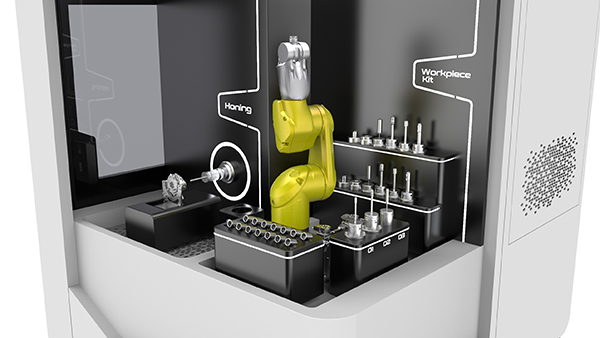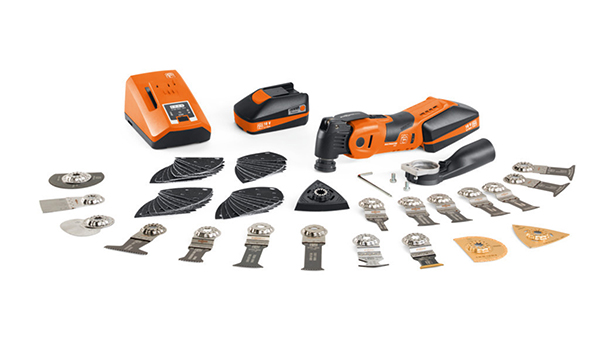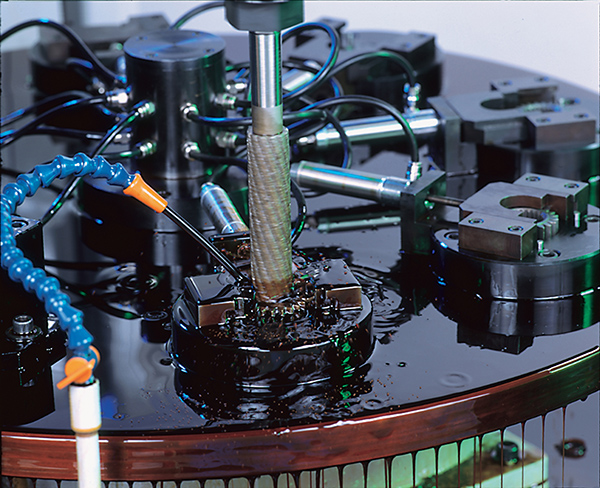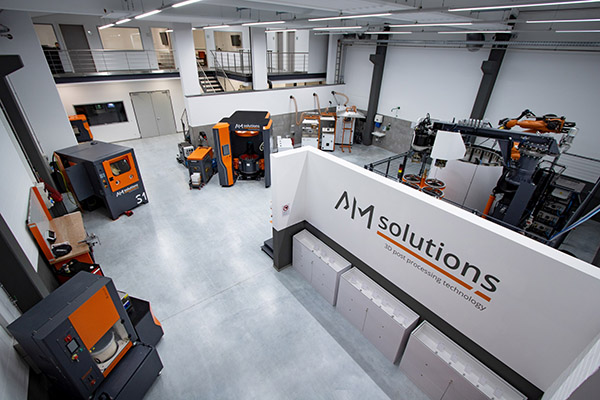
Nagel is introducing a fully automatic horizontal honing machine for small bore diameters.
The new ECOHO-NE horizontal honing machine, which is available in the UK from Permat Machines, can work on small bore diameters up to 40 mm in diameter while offering a fully automatic changer for worn tools.
Principal among the innovations of the single-spindle honing machine is its integral robot cell, which performs many other functions in addition to workpiece handling. For example, the robot cell automatically changes the machine’s work tools as they wear, if a replacement is available in the designated tool magazine. The robot also automatically aligns the newly exchanged tools, thereby avoiding the need for downtime while manual alignment takes place.
On workpiece changing, if the robot cell recognises a workpiece pallet with new material, the machine is set up automatically, with automated exchange of fixtures, tools, measuring equipment and more.
As to measuring equipment, the robotic cell can be equipped with the required auxiliary stations, if desired. Automatic error correction and the evaluation of measurement data (SPC) are also feasible. Whether for pre-testing, re-measuring, brushing or oil-free parts, it is possible to configure everything individually; the robot takes over the handling of the parts.
The new horizontal honing machine is suitable for the small- and large-series production of workpieces made from a variety of materials, ranging from metal to glass or graphite. For large-series production, it is possible to extend the machine with a second honing unit.
For further information
www.nagel.com























